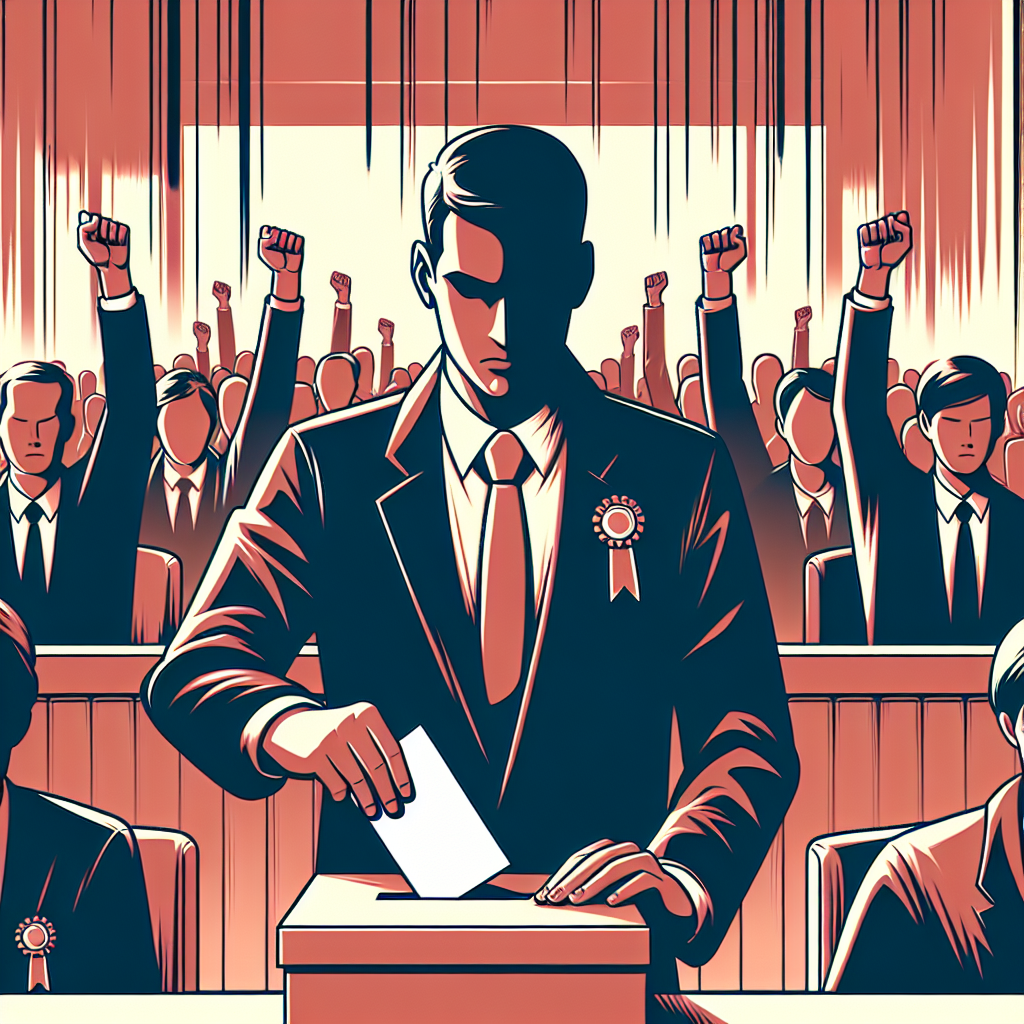South Korea’s Yoon Faces Second Impeachment Vote Amid Martial Law Controversy
As South Korea grapples with intensifying political turmoil, President Yoon Suk-yeol finds himself at the center of a controversial second impeachment vote, primarily tied to his recent martial law declaration. This critical decision has ignited widespread debate and concern, highlighting an alarming power vacuum in one of America’s key allies in the region.
The National Assembly is set to deliberate on whether to proceed with yet another impeachment vote against Yoon, following his contentious push for martial law, which critics argue undermines democratic principles. This motion comes on the heels of an initial failed impeachment attempt earlier this year, creating an unprecedented atmosphere of uncertainty within the nation’s leadership.
Even against this backdrop, it is essential for leaders and citizens alike to reflect on the principles of integrity, humility, and service espoused throughout history. As Jesus emphasized in Mark 10:42-45, true leadership is defined by servanthood rather than power: “…whoever wants to become great among you must be your servant, and whoever wants to be first must be slave of all.”
In South Korea, the implications of Yoon’s martial law bid do not only question the foundation of democratic governance but also prompt reflection on accountability among leadership. Critics, including opposition parties and numerous civil groups, argue that the move could jeopardize individual freedoms and evoke memories of the country’s authoritarian past. Such tension serves as a call for righteous leadership grounded in the welfare of the populace rather than the ambitions of the few.
Moreover, the unfolding situation has caused concern nationally and internationally, with security evaluations of the region shifting as South Korea faces potential instability. The imperative for unity and direction has never been clearer. In challenging times, individuals are often reminded of the value in seeking peace and resolving conflict gracefully—a reminder echoed in Romans 14:19: “Let us therefore make every effort to do what leads to peace and to mutual edification.”
As the National Assembly prepares for another pivotal vote, citizens must not only weigh politics but also foster a spirit of compassion and empathy, holding leaders accountable while also encouraging them to serve with integrity. The invitation to reflect on these biblical principles while watching events unfold is paramount; it evokes a sense of communal responsibility to nurture a society that fosters peace, justice, and righteousness.
Ultimately, whether or not President Yoon retains his position, the broader lesson is clear: true strength lies not in authoritarian control, but in the wisdom of serving the common good and upholding the dignity of every individual. As we observe these developments, may we all take a moment to contemplate how each of us can contribute positively to our communities, guided by principles that unite rather than divide. In doing so, we embody a shared hope for a future defined by justice and peace.
Explore and dig up answers yourself with our BGodInspired Bible Tools! Be careful – each interaction is like a new treasure hunt… you can get lost for hours 🙂


